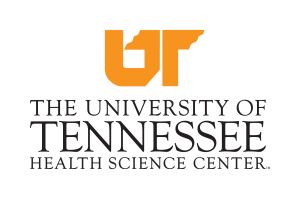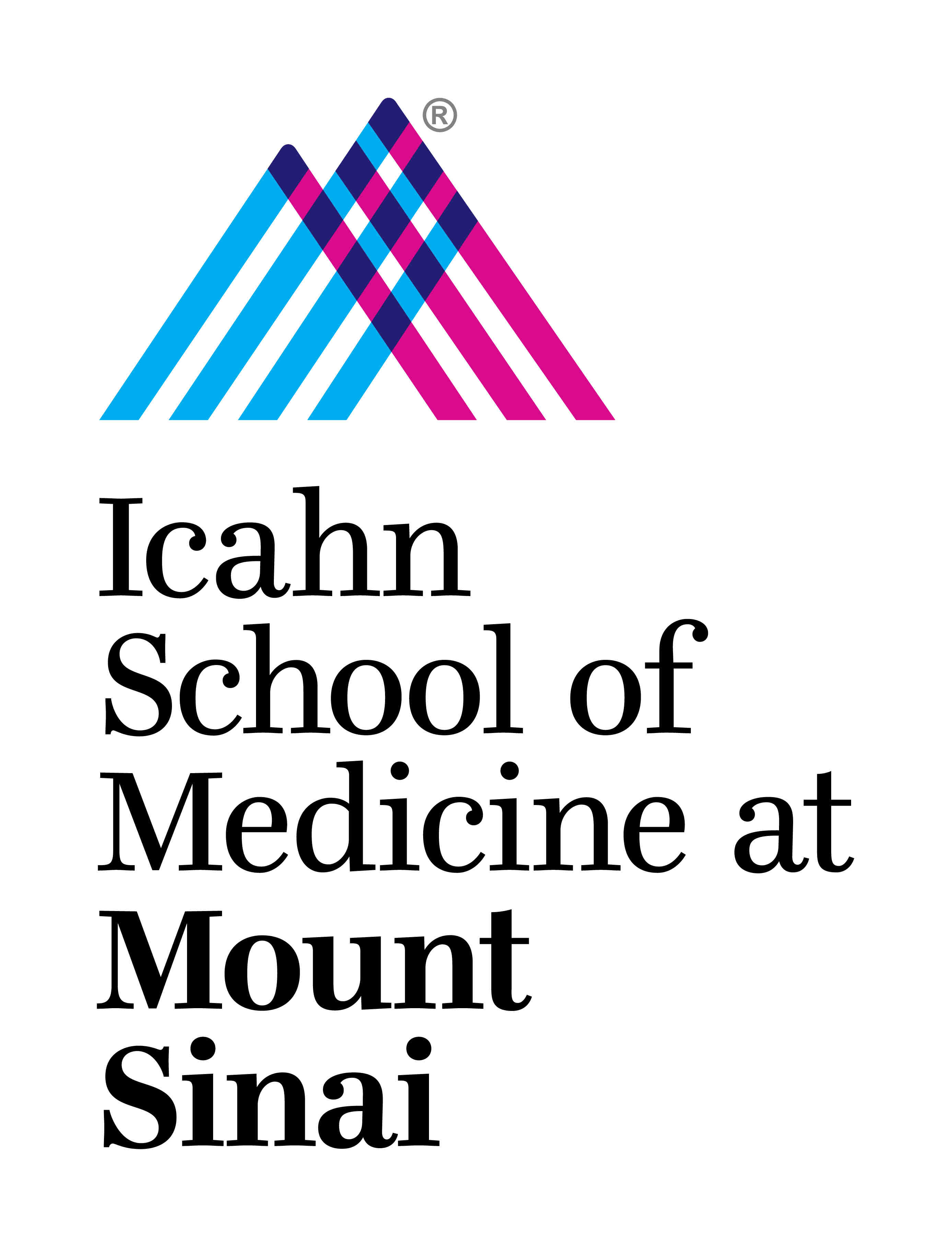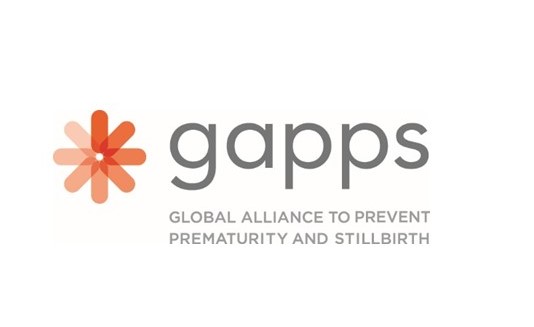Our Team
ECHO PATHWAYS is composed of over 80 team members across 11 research institutions. We are a multi-disciplinary team, with expertise in epidemiology, psychology, pediatrics, nutrition, neurodevelopment, airway health, endocrine disrupting chemicals, air pollution, placental transcriptomics, and advanced statistical methods. Study staff at local sites recruit and engage participant families and conduct study visits.
ECHO PATHWAYS science is directed by five principal investigators and coordinated at the University of Washington.
Institutions
Principal Investigators
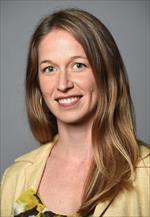
Dr. Nicole Bush is a child clinical psychologist with training in psychobiology and epidemiology. She is an Associate Professor in the departments of Psychiatry and Pediatrics and the Director of the Division of Developmental Medicine at the University of California, San Francisco. Dr. Bush’s research focuses on the manner in which early social contexts influence stress-biology to affect developmental trajectories across the life course, beginning in the prenatal period, and whether interventions can reverse risk/harm. She also examines how socioeconomic, parental, and environmental risks for developmental psychopathology and physical health are modulated by individual differences in children’s temperamental, neurobiological, and genetic reactivity to stress.
Dr. Bush serves as the Co-Scientific Director of the Conditions Affecting Neurocognitive Development and Early Learning (CANDLE) study, the Principal Investigator of the Stress, Eating, and Early Development (SEED) prenatal programming study, the San Francisco Site Director of The Infant Development and Environment Study (TIDES) multi-site prenatal programming study, the Co-PrincipaI Investigator of the Peers and Wellness Study (PAWS), and the Principal Investigator of the Child Trauma Research Program Health (CTRP-Health) study.
Dr. Bush serves on the ECHO Neurodevelopment Working Group and is first-author on an ECHO paper in development describing influences of family environment on child neurodevelopment. She has established collaborations across ECHO Program Components and other investigators to investigate multi-cohort harmonization of methods used to assess child behavior and the social environment.

Dr. Catherine Karr is an environmental epidemiologist and a pediatric environmental medicine specialist. Dr. Karr’s research areas include environmental contaminants and pediatric respiratory health including asthma, health of farmworker children, global children's environmental health, and fostering a collaborative and supportive infrastructure for team science. Much of her research utilizes community engaged research approaches.
Dr. Karr is Professor of Pediatrics and Environmental and Occupational Health Sciences at the University of Washington. She has an adjunct appointment in Epidemiology. She has leadership roles on several federally funded centers at the UW, the Pacific Northwest Center for Agricultural Safety and Health, the Interdisciplinary Center for Exposures, Diseases, Genomics and Environment, and the Northwest Pediatric Environmental Health Specialty Unit. She also maintains a general pediatric practice at the UW Pediatric Care Center. Dr. Karr is also the Principal Investigator of the NIH-funded Home Air in Agriculture; a Pediatric Intervention Study (HAPI) and the EPA-funded Next Generation Sensors and Scientists to reduce wood smoke in a multi-cultural rural setting (NextGENSS).
Dr. Karr served as the Co-Chair of the ECHO Middle Childhood Life Stage Working Group, playing a key role in the development of the ECHO Wide Common Protocol. She is also an active participant in the ECHO Airways Working Group.
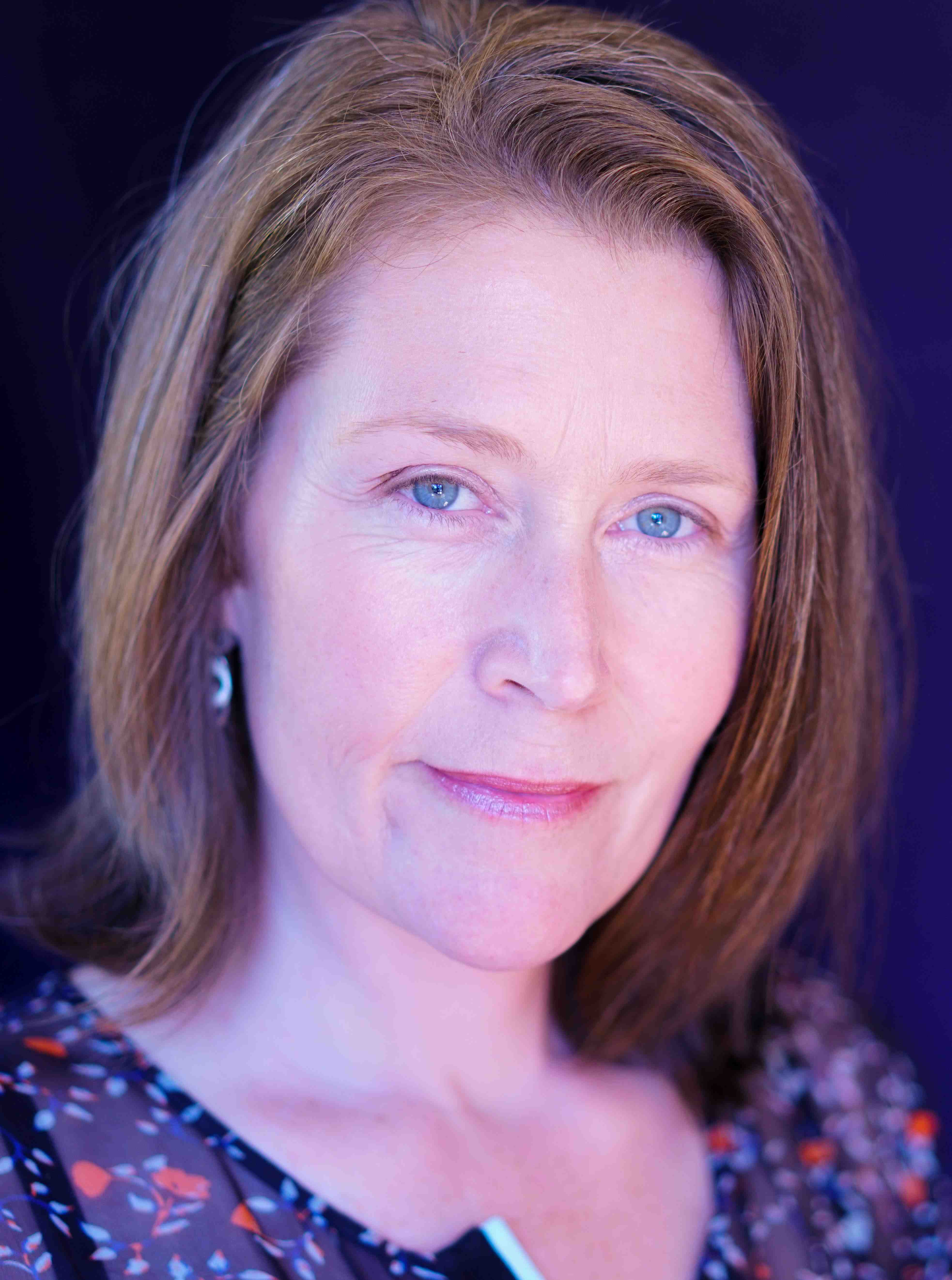
Dr. Kaja LeWinn is an epidemiologist and Associate Professor in the Department of Psychiatry, Child and Adolescent Division at the University of California, San Francisco. Dr. LeWinn takes an interdisciplinary and developmental approach to investigating the neurobiological, behavioral, and social underpinnings of socio-emotional well-being in children and adolescents. The overarching goal of Dr. LeWinn’s research is to integrate approaches from epidemiology, neuroscience, and psychology to produce generalizable and replicable findings about the experiences in a child’s life that shape neurodevelopment and risk for psychopathology.
Dr. LeWinn is Co-Scientific Director of the longitudinal birth cohort study Conditions Affection Neurocognitive Development and Early Learning (CANDLE), designed to understand the links between early life adversity and cognitive and socio-emotional development in early childhood. She is Co-Principal Investigator of a Robert Wood Johnson Foundation funded cohort study in Flint, Michigan designed to assess the impact of lead exposure during the Flint water crisis on child cognitive and socioemotional outcomes.
Dr. LeWinn serves as the Co-Chair of the ECHO Team Science Committee and participates in the ECHO Neurodevelopment Working Group.

Dr. W. Alex Mason is a social psychologist and prevention scientist with postdoctoral training in development psychopathology. He is a Professor in the Department of Preventive Medicine at the University of Tennessee Health Science Center in Memphis. His research interests include the developmental etiology as well as family- and school-based prevention of adolescent substance misuse and co-occurring externalizing/internalizing problems, with particular focus on early neurocognitive and social developmental risk processes. He also works in implementation science, seeking innovative ways to scale evidence-based preventive interventions and bridge the science-to-practice gap for public health benefit.
Dr. Mason is the Principal Investigator of the Conditions Affecting Neurocognitive Development and Early Learning (CANDLE) study. In this role, he works to maintain the integrity of the cohort and ongoing data collection activities, and facilitates partnerships with team scientists as well as community members to help translate findings into educational efforts and policies that can improve the health and well-being of mothers and their children.

Sheela Sathyanarayana, MD, MPH
Dr. Sheela Sathyanarayana is a pediatric environmental health specialist. She is an investigator at Seattle Children’s Research Institute’s Center for Child Health, Behavior and Development and has an appointment as a Professor of Pediatrics and Adjunct Associate Professor within the Department of Environmental and Occupational Health Sciences at the University of Washington. Her research interests focus on exposures to endocrine disrupting chemicals including phthalates and bisphenol A, and their impact on reproductive and child health development.
Dr. Sathyanarayana serves as the Seattle Site Director for The Infant Development and Environment Study (TIDES), a multi-center cohort study of phthalate exposures in pregnancy and health outcomes in children. She is Co-Director of the NW Pediatric Environmental Health Specialty Unit (PEHSU). She served as past chair of the US Environmental Protection Agency’s Children’s Health Protection Advisory Committee, as well as on the National Academies of Sciences, National Research Council Committee on Endocrine-Related Low Dose Toxicity. She currently serves on the US EPA’s Scientific Advisory Committee for the Toxics Substances Control Act. Dr. Sathyanarayana practices general pediatrics at Harborview Medical Center, Seattle Children’s Hospital, and is Medical Director of the University of Washington Newborn Nursery in Seattle, Washington.
Dr. Sathyanarayana serves on the ECHO Strategic Planning Task Force and on the ECHO Pre-, Peri-, and Postnatal Outcomes Working Group.
Principal Investigator Emeritus

Dr. Frances Tylavsky is a nutritional epidemiologist. She is a Professor in the Department of Preventive Medicine, Division of Biostatistics and Epidemiology at the University of Tennessee Health Science Center in Memphis, Tennessee. Her collaborative work has centered around large scale observational studies of adults and intervention studies.
Dr. Tylavsky was the Principal Investigator in the Conditions Affecting Neurocognitive Development and Early Learning (CANDLE) study. Dr. Tylavsky’s experience as a researcher in the field of health sciences is wide-ranging, from genome-wide SNP genotyping and DNA methylation to nutrition epidemiology, and she has more than 200 peer-reviewed publications to her credit. In her role as the Principal Investigator of the CANDLE study, she established critical community relationships and an infrastructure that ensures long-term retention of more than 80% of participants; successfully maintained a large multi-level longitudinal database and linked biorepository of biological specimens; optimized the data and its distribution; and engaged in team science with investigators from a broad range of disciplines and across the country.
Dr. Tylavsky’s roles in ECHO have included serving as first author on the first ECHO-wide analysis, “Understanding childhood obesity in the US: The NIH Environmental Influences on Child Health Outcomes (ECHO) Program.” She has presented on an assessment of the burden of the ECHO common protocol from the CANDLE perspective at a national ECHO meeting.



